This is a secondary account that sees the most usage. My first account is listed below. The main will have a list of all the accounts that I use.
Personal website:
- 14 Posts
- 524 Comments

 9·2 days ago
9·2 days agoNew Android skin when?

 171·2 days ago
171·2 days agoAre you telling me IP wasn’t intended to be an eternal monopoly?

 2·3 days ago
2·3 days agoThis info is surprisingly hard to find. Great write up!
Change the volume with a mouse?
Never!

 5·8 days ago
5·8 days agoI thought it was only me who was seeing stale data there. It’s just a persistent notification, but it was marketed beautifully. It seems to have the same problems and benefits of persistent notifications. Sometimes I will get rideshare apps leaving up their notifications long past their usefulness too.

 10·9 days ago
10·9 days agoTo be clear, all the content isn’t actually restricted to a certain time, but playing the associated story or mission with that content is. For example, the last update was about fishing, and fishing is now part of the game which you could do at any time, but you can’t catch the mission specific fish.
With that said, I do feel like it would be better if I could play any expedition missions when I feel like it.

 6·10 days ago
6·10 days agoWith what stick or carrot? Once a device is released, the vendor has already made their money. Google already gave permission to ship those devices with their software.
Let’s say that Google demands contractually seven years of updates or they won’t license you to use the Play Store. Well, this would be a problem because most handset makers aren’t developing the chips, and those chips don’t come with update commitments that long. Really, your typical handset developer is integrating hardware and software from multiple sources, and they aren’t actually writing directly drivers for the SOC. This would be an impossible demand because Google is making demands of an integrator not necessarily the maintainer of the software that powers the very bottom layers of the phone. A handset maker would simply refuse and ship the phone without the Google applications because what other choice do they have? That maintenance burden is monumental.
Google would somehow have to transitively demand that your chipset developers are providing long-term updates when they have no direct incentive to do so. In fact, they would prefer the shortest possible update commitment so they can sell new chips. Handset vendors want those chips to be as cheap as possible. It’s a complicated situation.

 3·10 days ago
3·10 days agoElevation of Privilege.
It’s a type of bug that could be used to increase access beyond what was intended. For example, from a sandboxed application to outside the sandbox. This particular bug doesn’t appear to be exploitable at first examination according to the write-up but a smart person could find a way.

 20·10 days ago
20·10 days agoI feel bad for Google in a way because attempts to get long device support have been thwarted by lack of interest in doing any work at all on the hardware support side from the vendors. This latest attempt again relies on the vendors doing what they do best after releasing their hardware – nothing.
I really like this as a modern compromise to get a good size screen with a small phone body. I’m giving a serious look for my next phone.

 31·12 days ago
31·12 days agoI mean, isn’t it really good though? Shouldn’t they charge more for a superior product?

 2·13 days ago
2·13 days agoMy understanding is the Android team is run almost like an entirely separate company from the rest of Google.

 9·15 days ago
9·15 days agoHilarious. I love it. Literal string memory scanning and not considering the implications of everything happening in the application.

 8·19 days ago
8·19 days ago2nd: almost every low-end laptop I used has a module that can be pulled off of the main board to remove wireless features.
I recently did some refactoring with injector and composition patterns already there and it was a breeze.
OOP isn’t bad but like anything it requires some care.
I’ve seen some surprisingly fragile OOP solutions that require tons of internal knowledge about how the classes work. It seems to be a popular approach to writing code that just isn’t very flexible.

 10·23 days ago
10·23 days agoMy heart goes out to the workers trying to make the best of really terrible administrative decisions on the part of their leadership.
The business has lost trust in their brand.

 15·23 days ago
15·23 days agoI mean, the type system isn’t very strict at all to begin with in some . It’s trivially breakable when performing common operations like type punning in C.

 2·29 days ago
2·29 days agoTrue, but you gotta give Linux some slack. All of this driver work is reverse engineered. It would be so much easier if the vendor just published information about their hardware.


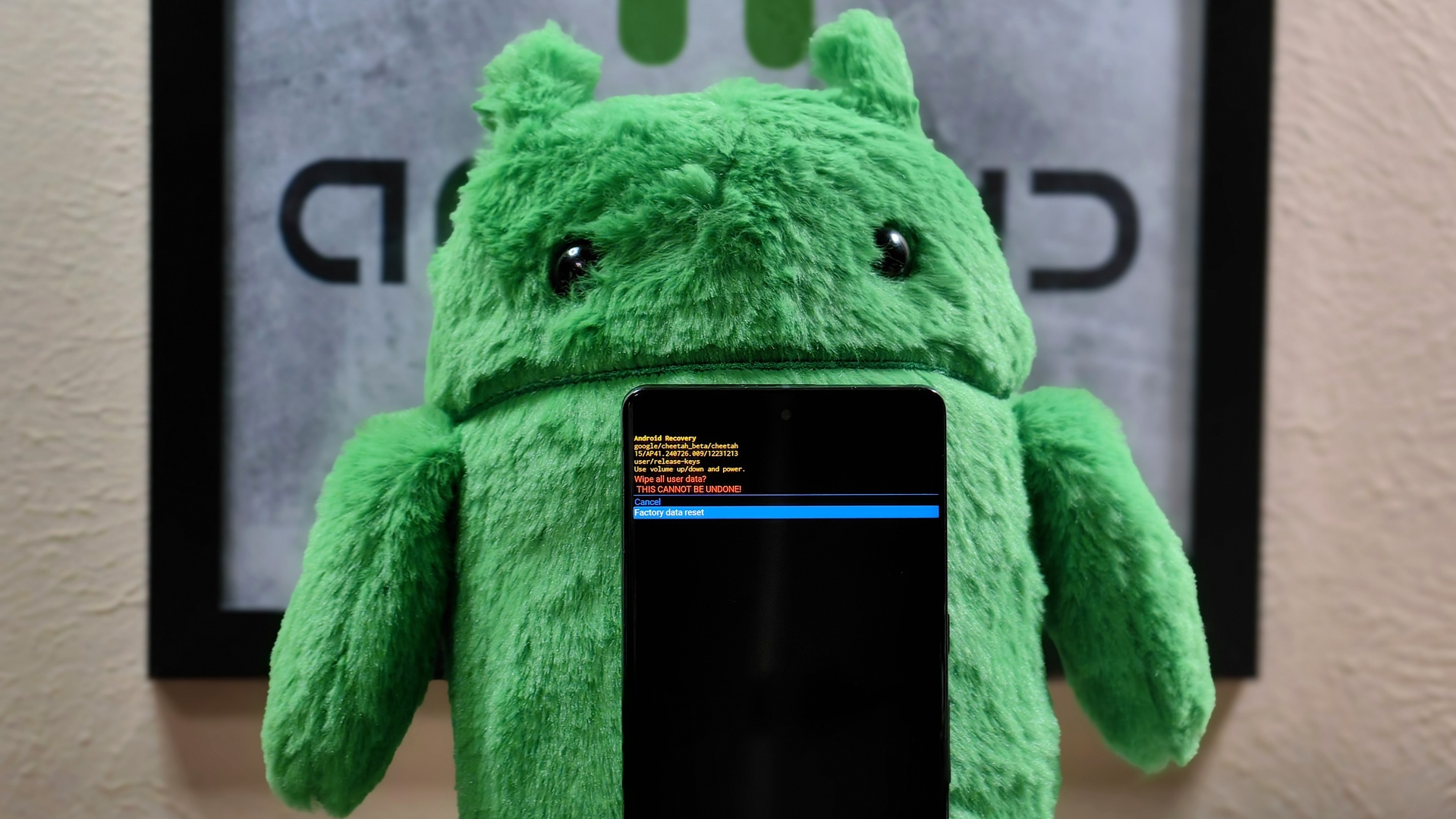
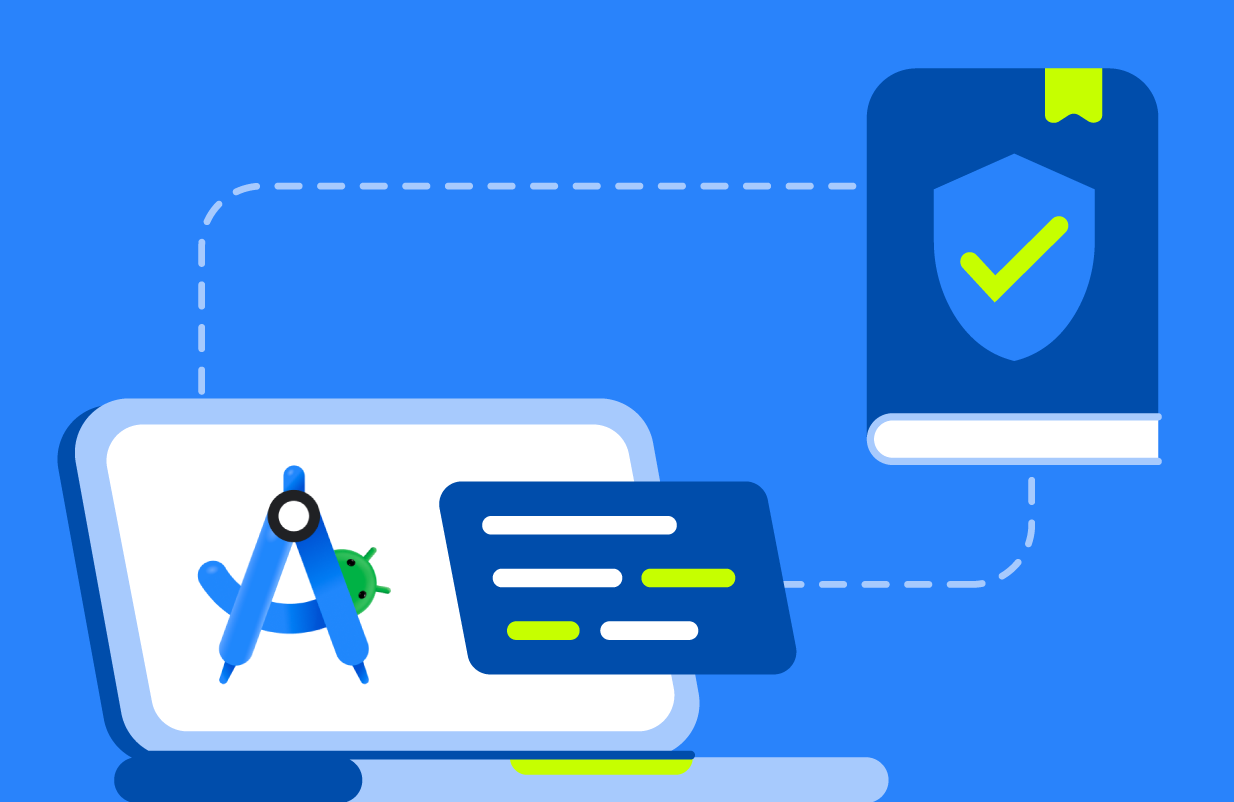

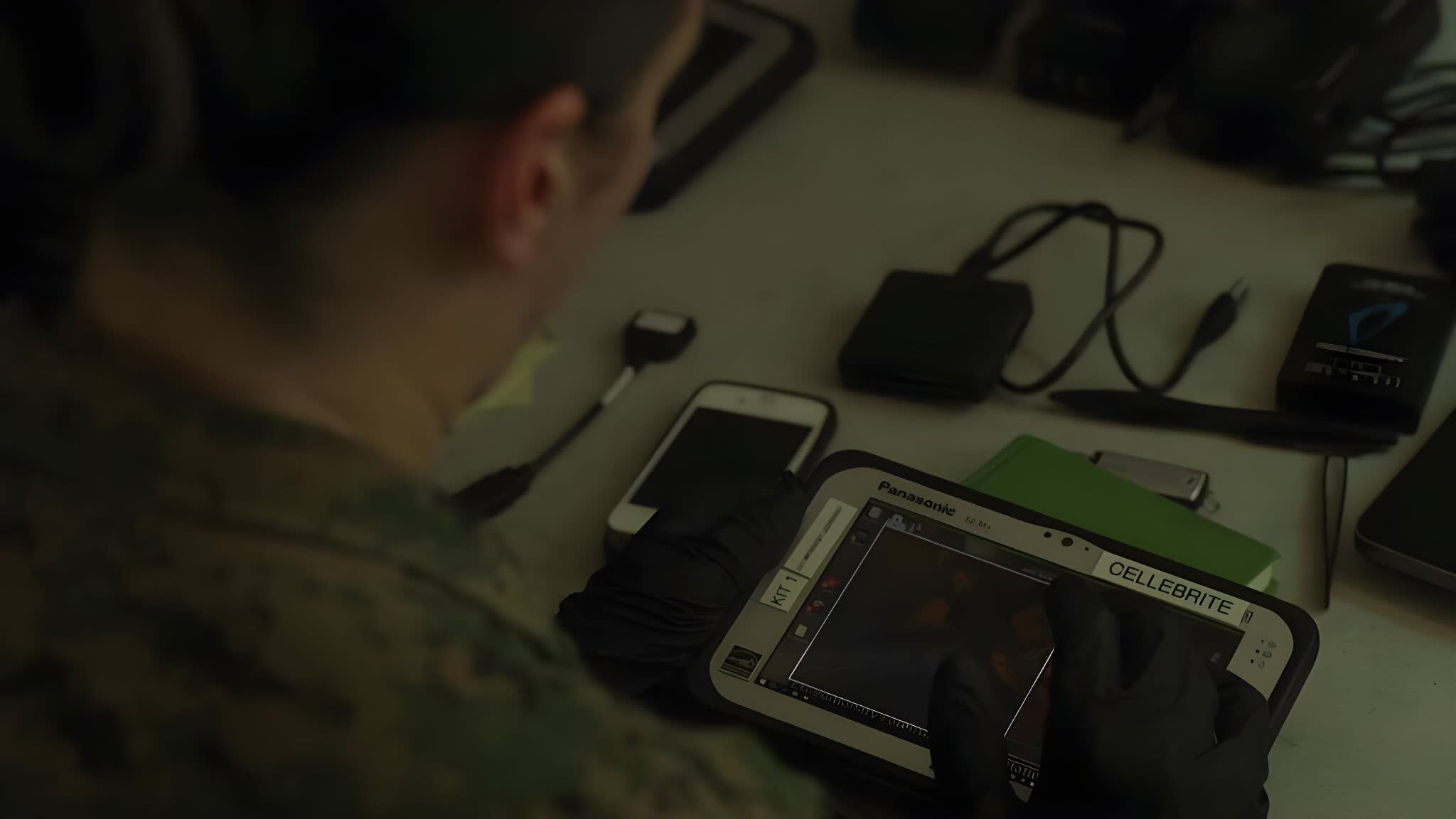

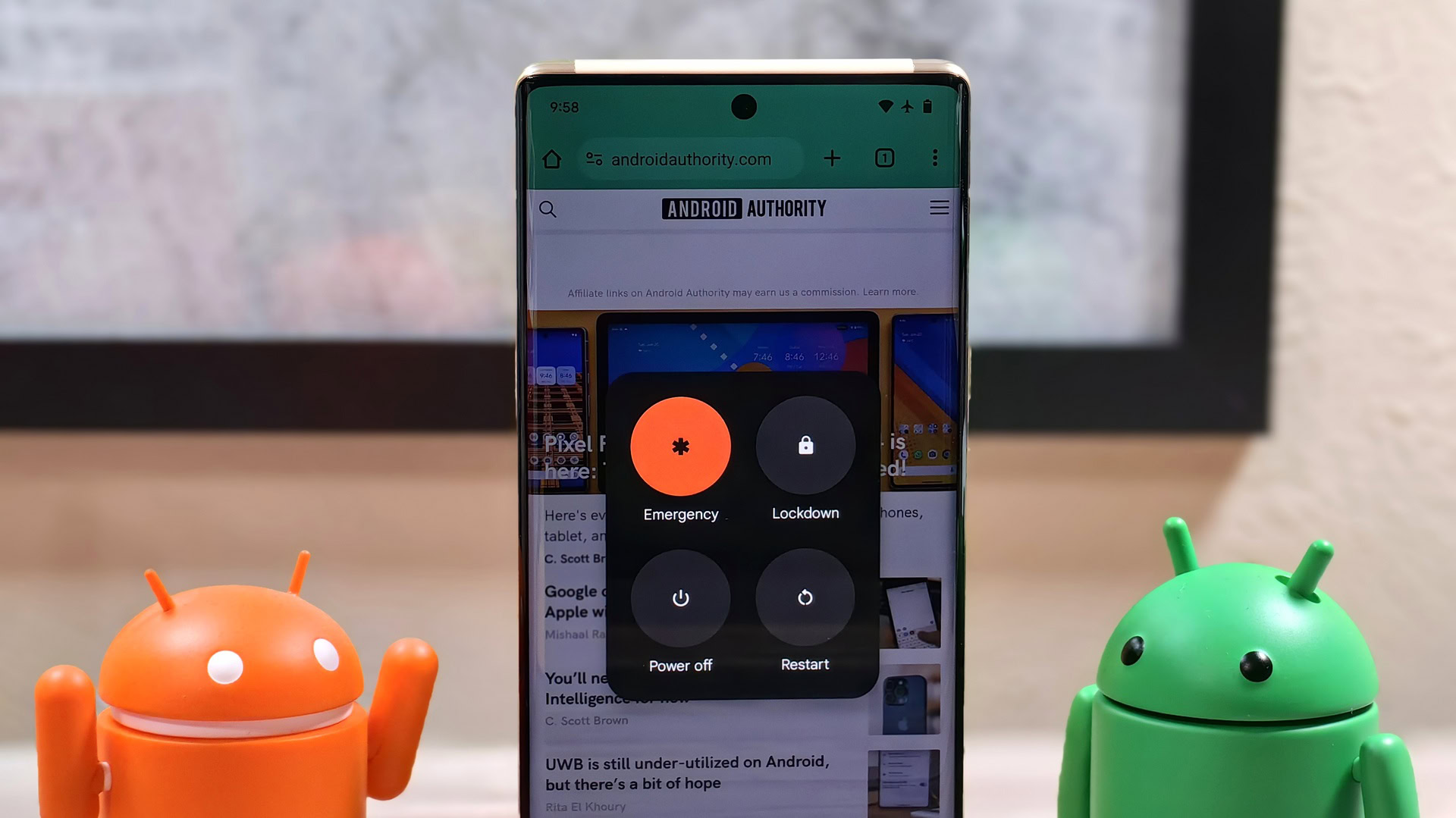

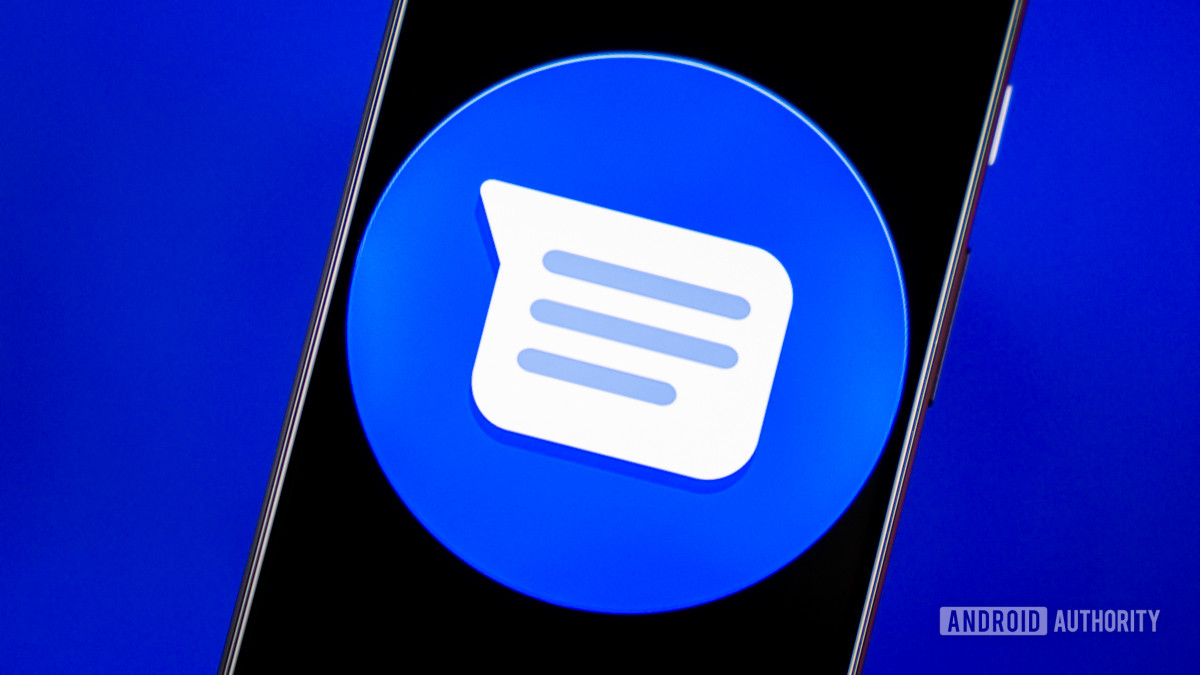
Not indexing at zero seems like a waste of a perfectly good integer.